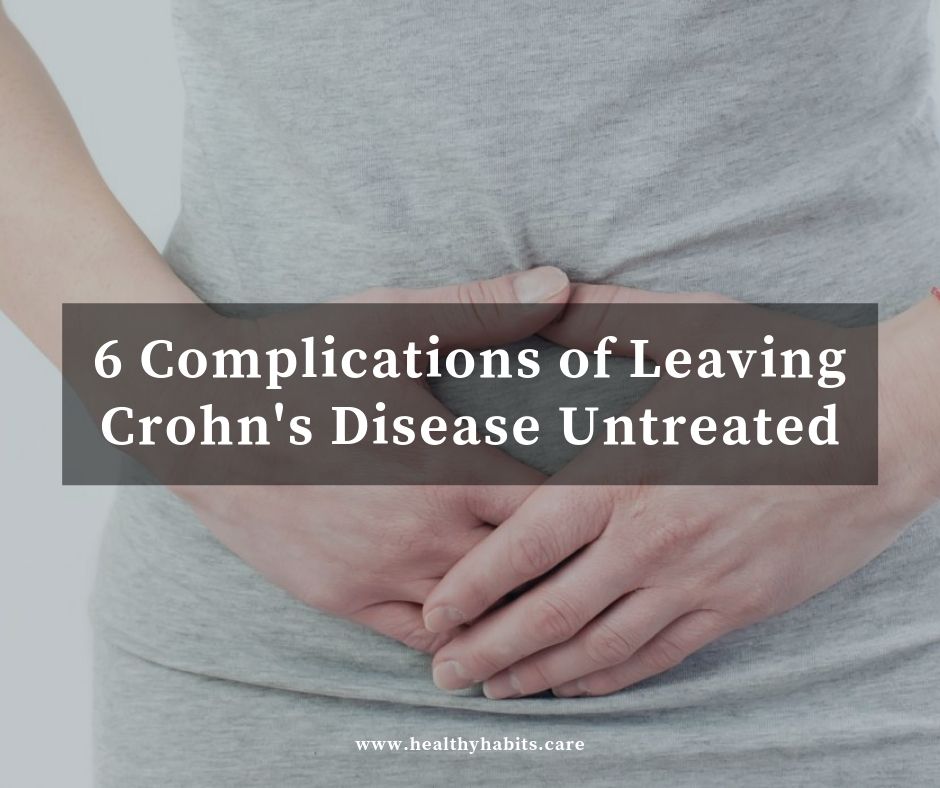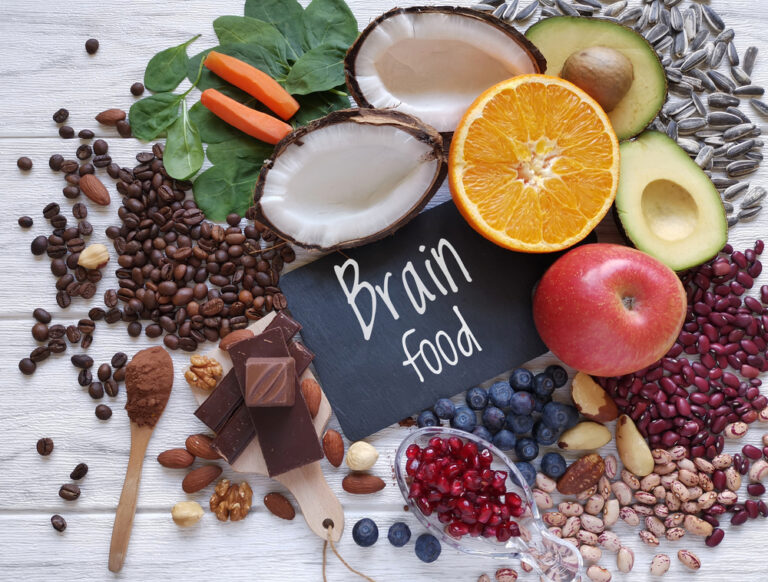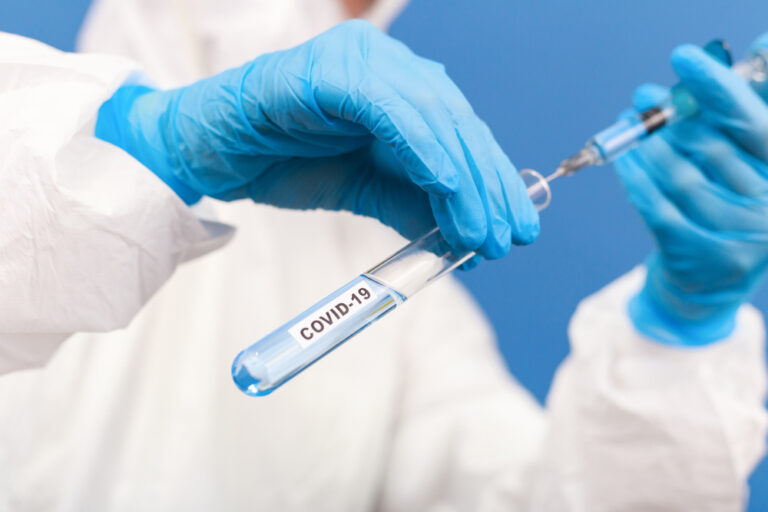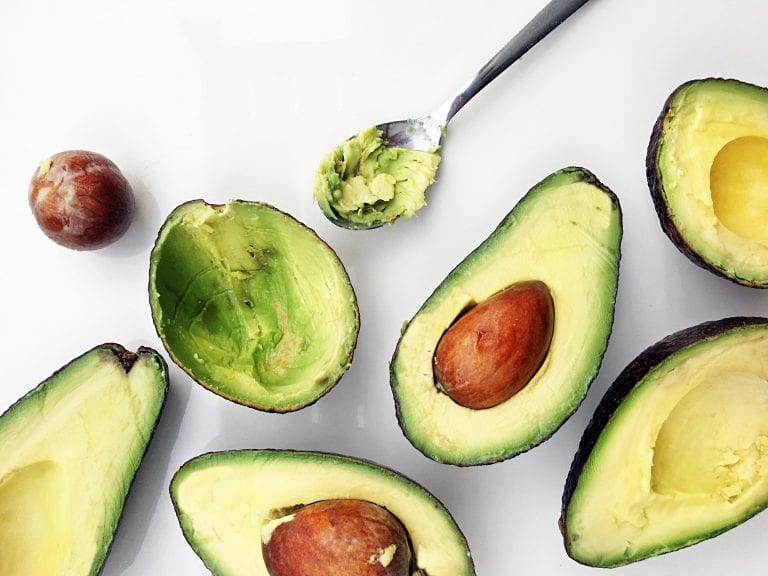
Crohn’s disease (CD) is an inflammatory bowel disease that can affect any part of the gastrointestinal tract, but most often affects the end of the small intestine (ileum), the colon, or both.
Your immune system fights infection by producing a protein known as tumor necrosis factor (TNF). If you have Crohn’s disease, your body produces too much TNF, which causes your immune system to overreact and attack the wrong things. The result is inflammation that can lead to Crohn’s symptoms.
There is no cure for Crohn’s, but you can work toward disease remission with effective treatment. Not treating Crohn’s allows the disease to progress. To be effective, your Crohn’s treatment should be consistent. If it’s not, complications can result. So, it’s important to stick with a healthy diet and continue taking your medication even when you are feeling well.
1. Bowel obstruction
A bowel obstruction occurs when intestinal contents are partially or fully blocked and unable to move. There are several ways that this can occur in people with Crohn’s disease:
- Inflammation can thicken the intestinal walls enough to narrow or even close off the intestinal tract.
- Strictures can cause bowel obstructions. A stricture, or stenosis, is an area of the gastrointestinal tract that has been narrowed by scar tissue caused by repeated bouts of inflammation.
- Adhesions, or strips of fibrous tissue that cause organs and tissues to bind together, can block the intestinal tract.
2. Malnutrition
Proper nutrition is critical for good health. Your digestive tract is a key site of nutrient absorption. Chronic inflammation in your bowels can interfere with your body’s ability to absorb vitamins and minerals from the foods you eat. Chronic inflammation caused by Crohn’s disease may also suppress your appetite. This may prevent you from ingesting the nutrients you need to stay healthy.
There are a number of significant issues caused by malnutrition, including anemia caused by a deficiency in iron or vitamin B-12. This is common in people with Crohn’s disease. Other issues caused by not getting adequate nutrients include:
- reduced immune system function
- muscular deterioration that causes issues like decreased coordination or heart failure
- kidney malfunction
- neurological issues like depression and reduced cognitive function
3. Ulcers
Ulcers are open sores that can appear anywhere in your digestive system. They can be painful and dangerous if they cause internal bleeding. They can also cause perforations, or holes, in the intestinal tract. This may allow digestive contents to enter the abdominal cavity. If this occurs, it requires immediate medical attention.
4. Fistulas
Ulcers that go completely through the digestive tract wall can create fistulas, or connections to other body parts. This allows digestive material to leak into the bowel and enter whatever area it’s connected to, such as the bladder or uterus.
5. Colon cancer
If you have the increased inflammation associated with Crohn’s disease, you also have a higher risk for colon cancer. Precancerous cells can develop in the inflamed areas. Your risk increases if you were diagnosed with Crohn’s disease before the age of 30. This is because you’ve had more exposure to inflammation. Ask your doctor how often you should get a colonoscopy to check for colon cancer.
6. Arthritis
You are living with chronic inflammation if your Crohn’s disease is untreated. Experts believe a prolonged inflammatory response can trigger a similar reaction in joints and tendons, leading to enteropathic arthritis. This type of arthritis usually affects the joints in your limbs and sometimes your spine. Approximately 20 percent of people with inflammatory bowel disease develop enteropathic arthritis.

























